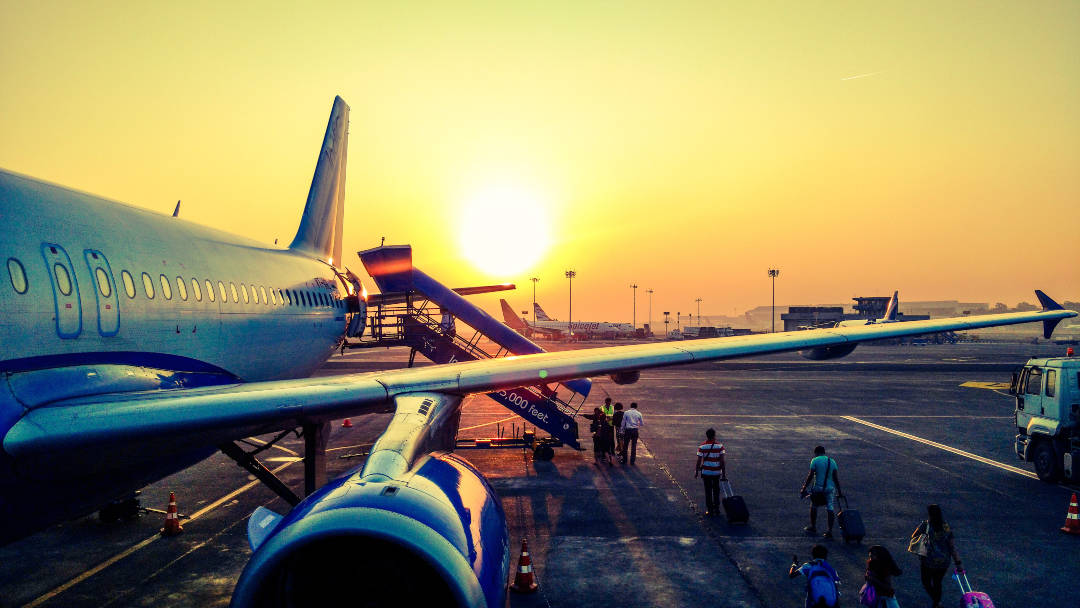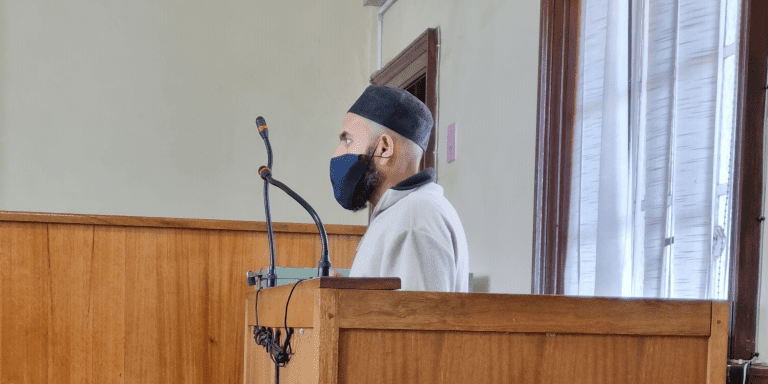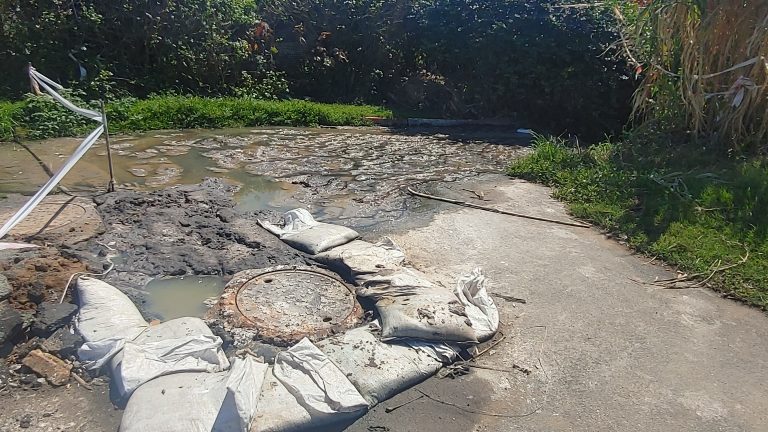AfriForum demands clear communication about repatriation and self-isolation afterwards
In an urgent letter sent to the Ministers of Health, of International Relations and Cooperation (DIRCO), and of Public Works last night, the civil rights organisation AfriForum demanded that South Africans who are being repatriated should be informed more regularly and clearly about the arrangements for their return. They and South Africans returning overland to the country should also have the right to be tested for COVID-19 as soon as possible and then have the option to self-isolate if they have the means to self-isolate.
According to Alana Bailey, Head of Cultural Affairs at AfriForum, this request follows AfriForum’s successful legal action against the detention of South Africans in the dilapidated and potentially dangerous Zithabeseni quarantine camp. It also follows several cases in the past week where returning South Africans were left at airports due to poor communication about repatriation flights and the state’s inability to have quarantine facilities prepared.
“It is an extremely nerve-racking experience to be stranded unexpectedly abroad due to the closure of international borders while your funds are dwindling. People then have to keep in touch with DIRCO to be repatriated. For understandable reasons – such as negotiations with every country that has to open its airspace, and finding airlines and staff to manage flights – it takes a long time before flights become available. However, when the confirmation of seats on these flights takes days after the flights were announced, people must still arrange at short notice to travel to the designated airports from their places of temporary residence. Moreover, when flights are then suddenly cancelled or rescheduled, the levels of stress for them and their loved ones at home reach unbearable levels at a time that is already quite challenging.”
Sue-Ann De Wet, AfriForum’s Manager of South African Diaspora, explains that regular and clear communication is therefore essential. “Currently, people are struggling to get information. Then, in desperation, they contact DIRCO, the specific airport and airline, and other South Africans on social media. This results in conflicting reports, incorrect information and therefore even more stress. If they can rely on clear and comprehensive communication from DIRCO at regular intervals, these problems will be prevented and confidence in the process will improve significantly.”
As for quarantine, Bailey mentions that people are held in a wide variety of facilities. “The duration also varies: Some stay for only a few days; others for the full fourteen days; others allegedly even longer. Some are tested immediately for COVID-19; others after several days; others not at all. It is a chaotic process that once again exhausts people emotionally. They understand the need for isolation after cross-border travel, but then want certainty on issues such as testing, the duration of quarantine, travel arrangements from the quarantine facility to their homes and the option of self-isolation.”
“All the uncertainty is turning the humanitarian process of bringing people home into an extension of their hardship, which is completely unnecessary,” Bailey concludes.
If the Departments do not respond to AfriForum’s letter by the end of day, AfriForum will take further legal action.











